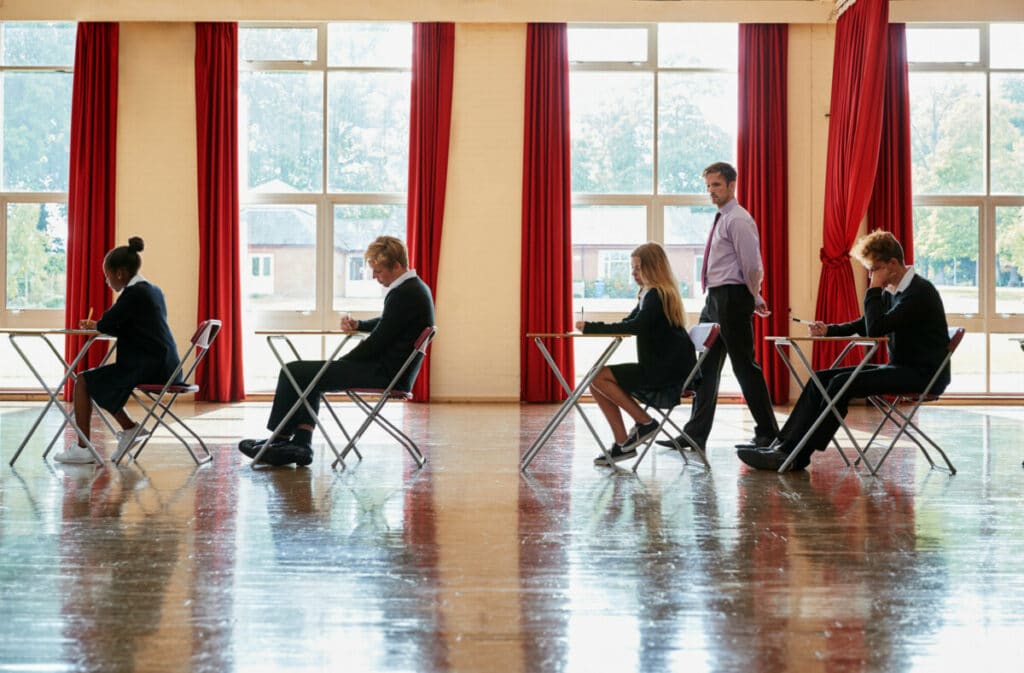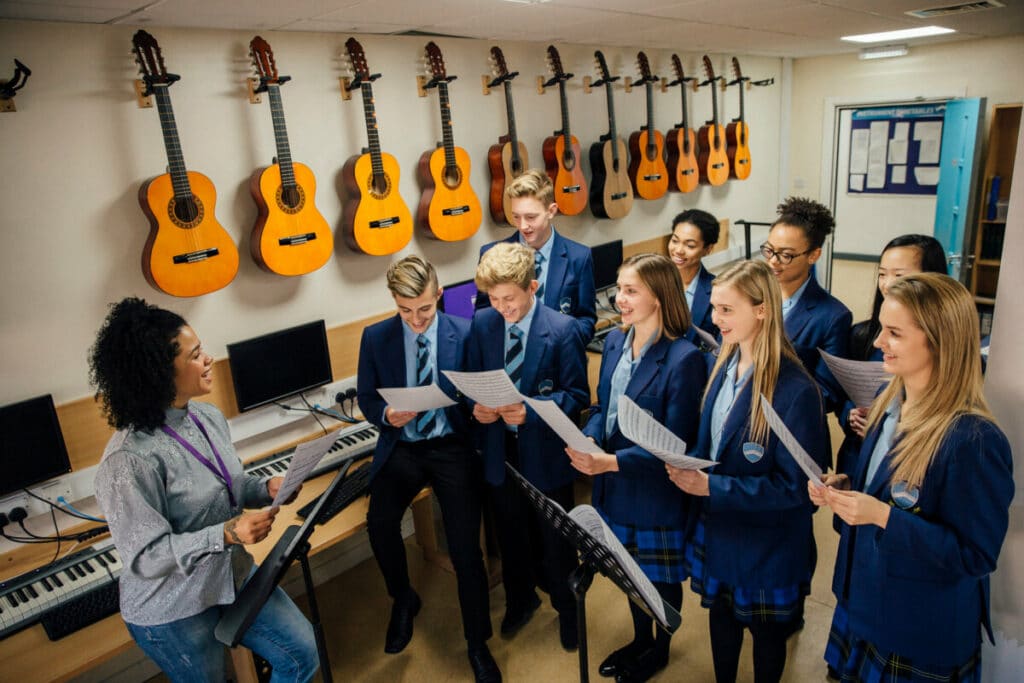Average Cost of Private School in Florida
Private schools have many advantages with their students excelling over their public school counterparts in most subjects. These advantages often come as a result of having more money to spend per student, thanks to parents paying tuition so their children have the opportunity to go there. Tuition rates vary widely depending on the school and location. If you are looking for more information about tuition costs in Florida, look no further.
On average, parents who enroll their children in a private K-12 school in the state of Florida pay about $7,670 in tuition. Private elementary schools charge about $7,260 while secondary schools charge about $9,570. Private colleges charge more with tuition costing on average $38,438 per year.
Although these costs reflect the average tuition costs in Florida, they do not account for other fees that private schools may charge such as technology, supplies, books, field trips, and uniforms. Going forward we will talk a bit more about these costs, breaking them down by the age of students so that you can see what you will be getting for your money.
How do Tuition Costs in Florida Compare to Those in Other States?
The costs of tuition in Florida are below the national average tuition cost of $12,350 for a private K-12 school in the United States. However, if you or your child is looking to attend a private university, they may want to go somewhere outside of Florida where it is cheaper. The average tuition of a private university in the U.S. is $35,801, which is $2,637 less than the average tuition of a private university in the state of Florida.
Studies done by the Education Data Initiative show tuition rates for private K-12 schools around the united states ranging from a little under $3,000 to over $20,000 per year. Schools located on the east coast tend to be a bit more expensive, especially in New England where tuition rates can soar up to $24,000. This makes private schools in Florida an economically sound option.
Private Elementary Schools
Private elementary schools tend to cost less than other private schools that teach older kids generally because they need to employ fewer teachers. In elementary school, students usually spend the whole day with one teacher going through different topics with them, while in secondary schools, teachers are hired to teach a specific subject. As a result of not having to hire more teachers, private elementary schools can charge less.

Private Secondary Schools
About a third of high schools in the state of Florida are private schools. The best private schools in Florida cost a bit more than the average, but to compensate for that, most offer financial aid or assistance to their students. The demographic of private secondary schools in Florida reflects the state’s overall demographic as well with most students having White or Hispanic ancestry.
Private high schools in Florida in particular have very small class sizes with no more than 20 students per teacher. This helps students receive more one-on-one help along with creating better relationships between themselves and their classmates.
Private Colleges
Florida contains over 50 private colleges and universities that are diverse in size, cost of tuition, and program emphasis. Some of the most popular and highest-ranking private colleges in Florida include the University of Miami, Rollins College, Keiser University- Ft. Lauderdale, Florida Southern College, and Rider University.
Although these private colleges and universities cost quite a bit more than public ones in Florida, it may be worth the investment.
When comparing and contrasting public and private universities, one college student from Florida said,
“The good thing about private universities/colleges is that they’re smaller and you’ll have more personal relationships with generally more passionate professors and advisors.”
– unnamed college student
Choosing a Private School in Florida
Whether you are looking at a private elementary school, high school, or college, there are some factors that parents and students need to consider when looking into private schools in Florida. Cost is one of the major ones, but since we already covered the subject of cost earlier in the article, let’s talk about some other factors that may help you choose a private school to enroll yourself or your child in in Florida.
Location
Location is a key factor. It can make your cost of attending more expensive on top of private school tuition by adding in a pricey rent or gas so you can make the commute to school. You will also want to think about your hobbies and activities that you like to do.
For example, I love rock climbing and was thinking about going to a private school in Hawaii. However, there was not a single rock climbing gym on the island so if I had attended there, I wouldn’t have been able to climb as frequently as I would have liked, so it didn’t end up being the best option for me.
Faculty and Administration
In Florida, teachers in private schools are not required to be certified. That being said, you will need to do your own research to make sure that all teachers have degrees and are qualified to teach. You might also want to reach out to other students and parents to see what their relationship with teachers and faculty is like.
Having friendly faculty can make a world of difference. I will never forget my high school principal who knew all the students’ names and had secret handshakes with most of them. Although administrators might not teach in the classroom they have a huge influence on the atmosphere of the school.

Philosophy
The philosophy of the school can range from its religious affiliation to its major emphasis. In Florida, you will find a range of schools from Catholic, Lutheran, and Protestant to schools focused on math, science, or the arts. Teaching and discipline philosophies may also differ, so you will want to make sure that their values and purposes line up with yours.
Diplomas and Accreditations
Not all universities accept diplomas from private schools as valid, especially if they aren’t accredited or have had their grading standards and educational requirements examined. If you or your student is looking to get a higher degree or education, it is useless to attend a school to later have your diploma rejected.

